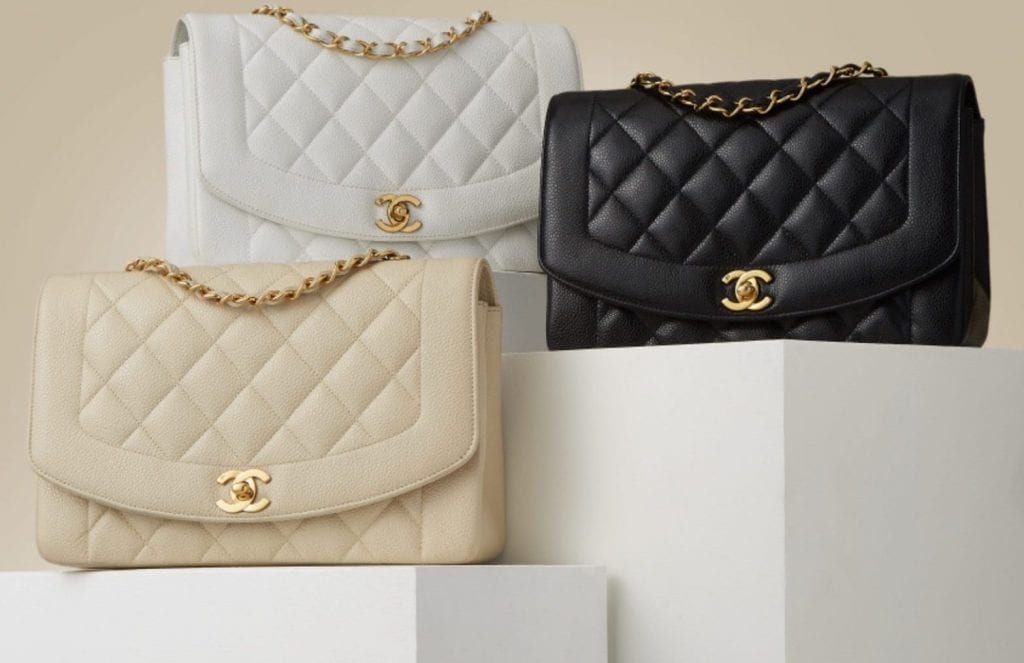One of the primary legal claims companies have against unauthorized resellers in the United States is trademark infringement under the federal Lanham Act. To prevail on this claim, a company must show that (1) it owns a valid trademark, (2) the defendant used the trademark in commerce without the company’s consent, and (3) the Defendants’ use created a likelihood of consumer confusion.
The first two elements are straightforward. As it relates to unauthorized sales, the third element often implicates a defense to liability under the Lanham Act called the first sale doctrine. Pursuant to the first saledoctrine, it is generally legal for an individual to resell a trademarked item after it has been sold by the trademark owner in an authorized sale, even if the resale is without the trademark owner’s consent. Broadly speaking, the underlying theory is that trademark law is designed to prevent sellers from confusing or deceiving consumers about the origin of a product, and consumers are not usually confused when they buy a genuine article bearing an authentic trademark.
Significantly, however, the first sale doctrine does not protect resellers who sell products without the services, benefits or quality controls that accompany products in authorized channels. This gives rise to two important exceptions to the first sale doctrine that feature prominently in the world of unauthorized online sales.
Exception #1: Products Sold by Unauthorized Sellers are “Materially Different” from the Company’s Authorized Products
The first sale doctrine provides no protection when an unauthorized seller sells products that are materially different from those sold by the brand’s authorized sellers. If the trademark holder can establish that a material difference exists between its authorized products and those sold by unauthorized sellers, then the first sale doctrine may not apply.
For example, courts have recognized that certain benefits accompanying the authorized sale of a genuine product can constitute material differences. When customers purchasing a “genuine” product get additional associated benefits—like a warranty, money-back guarantee or access to promotions—consumer confusion can easily result when unauthorized resellers are offering the same products without the same associated benefits.
Exception #2: Differences in Applicable Product Quality Controls
A second exception to the first sale doctrine exists when an unauthorized seller is reselling trademarked products that are outside of the trademark owner’s quality controls. For this exception to apply, the trademark holder must show that: (1) it has established quality control procedures that are legitimate, substantial, and non-pretextual (i.e., “not fake”), (2) it abides by its quality control procedures, and (3) the unauthorized seller is not abiding by the procedures and its sales of non-conforming products will harm the value of the trademark and create a likelihood of consumer confusion.
This exception protects a trademark holder’s right to control the quality of goods sold bearing its trademark. As a result, resold products are not genuine if they are not subject to and do not abide by the brand’s quality controls. In addition, courts also hold that the first sale doctrine does not apply when an unauthorized seller takes actions that interfere with a mark owner’s ability to exercise its quality controls.
The benefits and quality controls accompanying a particular product are essential to ensuring that consumers receive the high-quality products they expect to receive from the manufacturer, and unauthorized sellers pose a significant threat to both brands and consumers when they offer products on online marketplaces without them.
This article is courtesy of Vorys Sater Seymour and Pease LLP.














